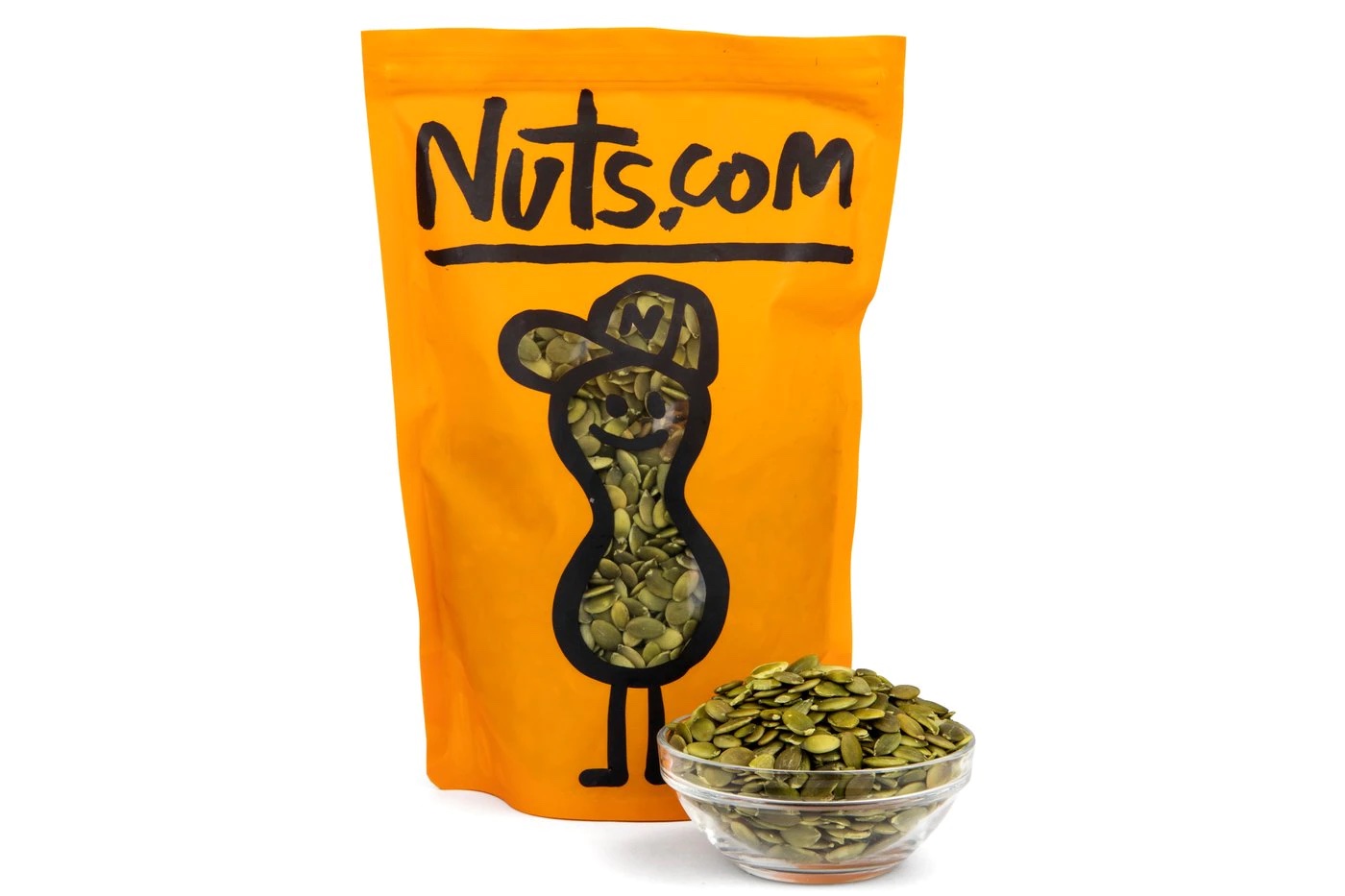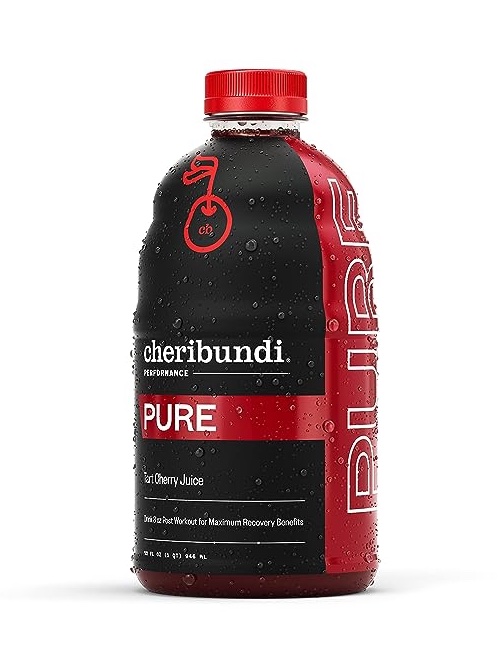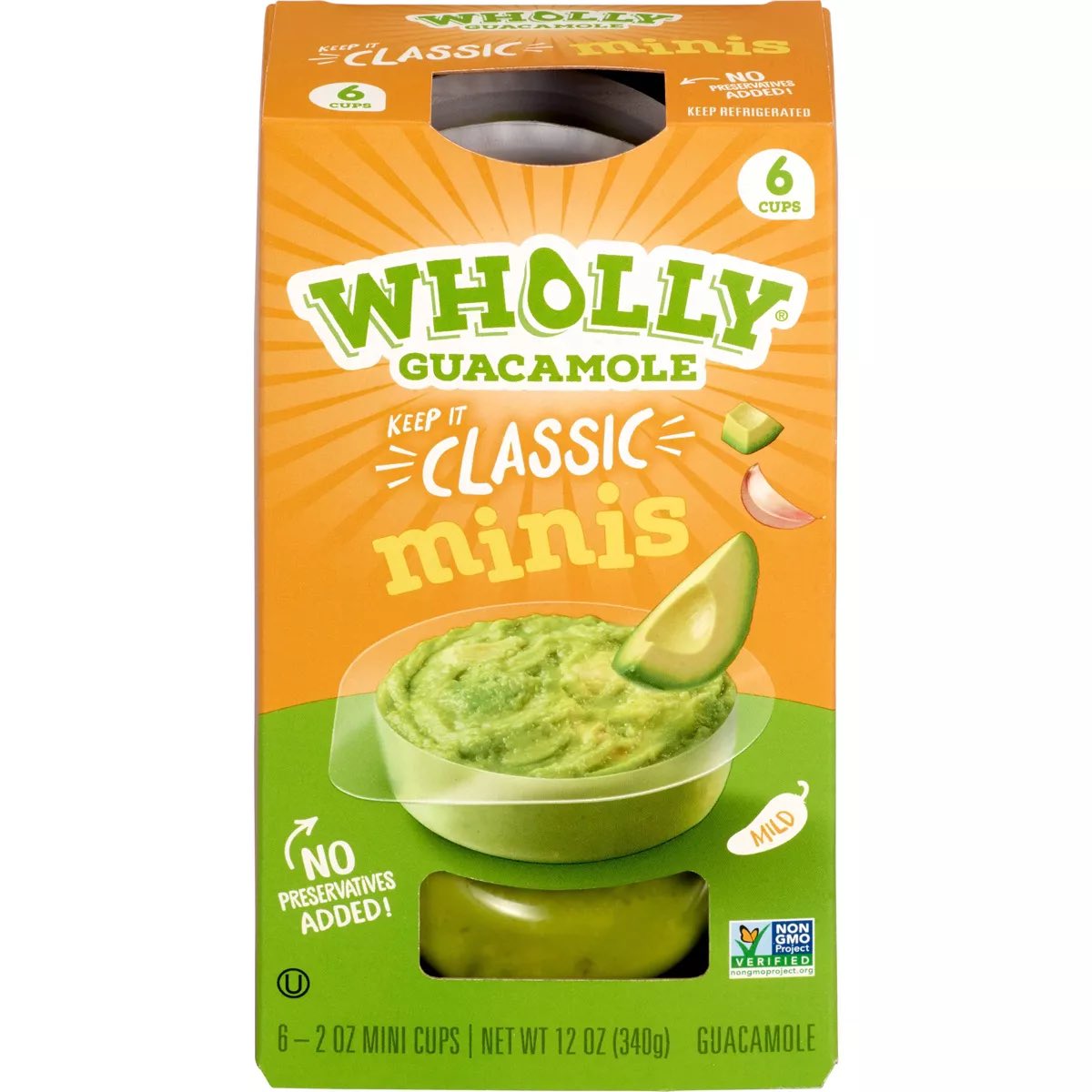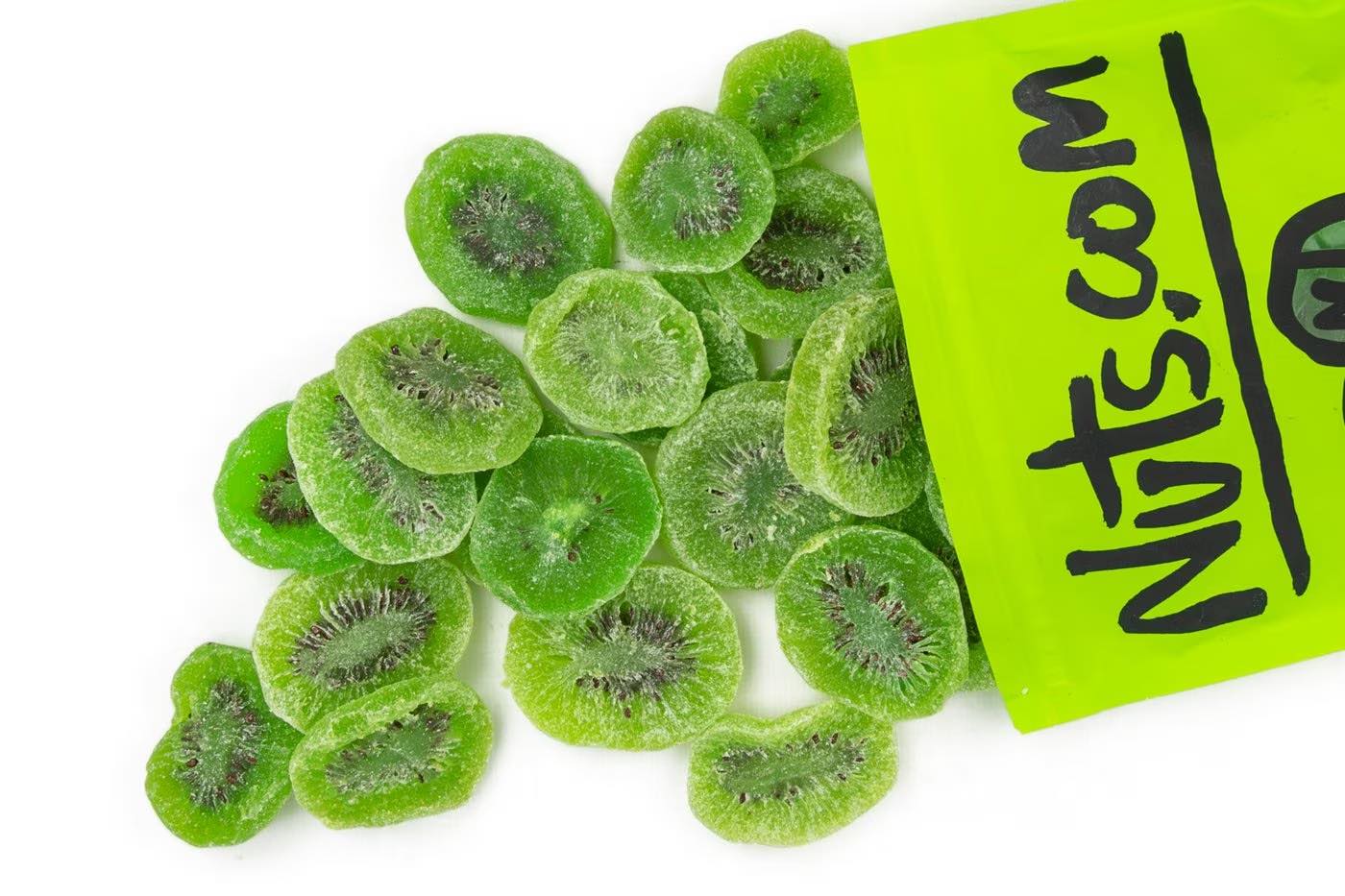7 Sneaky Snacks That Are Good for Sleep—And That You Can Buy in Bulk Online
Living in the busy world that we do, it’s all too common that we find ourselves working later and eating even later. Once upon a time, dietitians warned about the potential side effects of eating too close to bedtime, noting symptoms like disrupted sleep and *gasp* potential weight gain.
While that's partially still true for consuming large meals right before going to sleep, recent studies have shown that eating small, single-nutrient snacks or meals around 150 calories can actually boost muscle protein synthesis and cardiometabolic health. What’s more, some snacks can even make you fall asleep faster and stay asleep longer. The trick is to keep it small and avoid foods high in carbs.
- Jennifer Maeng, MS, RD, CDN, CNSC, clinical dietitian and founder of Chelsea Nutrition
- Molly Kimball, RD, CSSD, registered dietitian and ambassador for the snack brand, Catalina Crunch
“When you eat a large meal, your body initiates the process of digestion, which requires a lot of energy and can increase your core body temperature,” explains author and registered dietitian, Jennifer Maeng, RD, CNSC, who is also the founder of Chelsea Nutrition in New York City. “This rise in temperature can interfere with the natural drop in body temperature that helps initiate sleep. Digestive processes can also lead to discomfort, bloating, and even heartburn, making it harder to fall asleep or stay asleep.”
Then there’s the fact that larger meals have a bigger impact on blood sugar. “When blood sugar levels spike and then drop rapidly, it can disrupt sleep patterns, causing awakenings and reducing the overall quality of sleep,” Maeng warns. Because of this, she recommends saving large meals for at least a few hours before bed and only lightly snacking on nutritious foods as the night unwinds. If you’re not sure where to start, you’re in luck! Ahead, find seven of the best foods for sleep that'll help you fall and stay asleep faster. The best part? You can buy them in bulk online, so you never run out of midnight snacks.
{{post.sponsorText}}
Nuts and seeds
Tryptophan and magnesium are nutrients that promote sleep, Maeng says. Nuts and seeds—such as pumpkin seeds, chia seeds, almonds, cashews, and peanuts—are natural sources of such nutrients. As a result, these snacks can promote the production of serotonin and melatonin, which are important sleep-regulating hormones, she reveals.
Maeng recommends pumpkin seeds, aka pepitas, as her seed of choice. “Pumpkin seeds are naturally high in tryptophan, as well as zinc, copper, and selenium, which can also improve sleep quality,” she says.
Turkey jerky
Maeng says turkey jerky is another snack rich in tryptophan. It’s also easy to eat, since it typically comes in small, single-serving sizes. Consider Chomps' "chomplings," which are small, bite-sized free ranger jerky sticks you can leave on your nightstand for when cravings kick in. In addition to being sleep-friendly, they're also keto, paleo, gluten-free, and Whole30-approved. Just please remember to brush your teeth when you're finished...
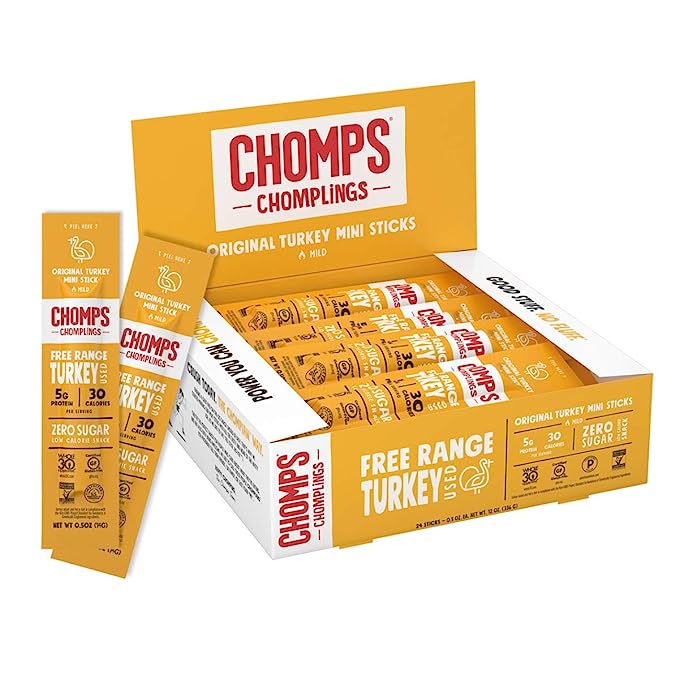
Available in three flavors: original turkey, jalapeno turkey, and pepperoni turkey.
Cherries
If you tend to crave tart snacks before bed, you’re in luck. According to Maeng, cherries are a naturally melatonin-rich food. “You can buy frozen tart cherries and make a compote to spread on a piece of whole wheat toast or you can blend frozen cherries for two minutes in a blender to make a quick sorbet,” she says. “You can also purchase tart cherry juice and add about an ounce of juice to eight ounces of warm water to drink it as a tea.”
If that sounds like your cup of tea (lol), buy a six-pack of Cheribundi's Pure Tart Cherry Juice ($51) and get to brewing.
Dark chocolate
More of a sweet tooth? “Dark chocolate can help improve sleep as it is high in magnesium,” Maeng says. However, if the dark chocolate you love is high in sugar, she warns that it won’t deliver the sleep-boosting benefits you’re hoping for. That said, she recommends opting for 70 percent dark chocolate or higher, such as the Hu Simple Dark Chocolate 70% Cacao ($6) and only eating one or two squares.
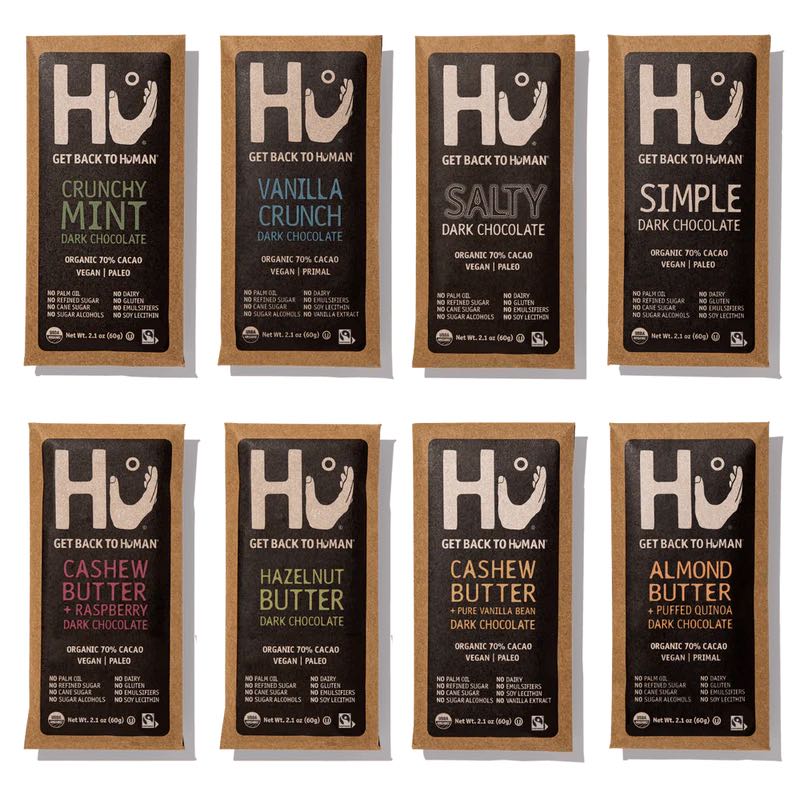
Also available in single-flavor packs of eight in 12 different flavors.
Lavender tea
As delicious as dark chocolate is on its own, Maeng says it’s even better when paired with lavender tea, if better sleep is the goal. “Some studies show that lavender can help ease anxiety and its calming fragrance can improve sleep,” she explains.
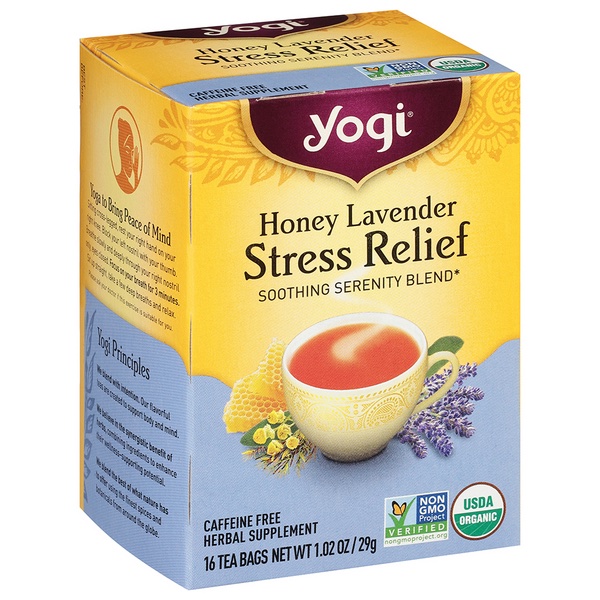
Also available in packs of three, five, and six.
Avocado
For a slightly heartier snack, Maeng says to try veggies or a slice of whole wheat toast paired with mashed avocado. “Avocados are high in magnesium and potassium which can help improve your sleep quality,” she says. “However it can be tricky to get a perfectly ripe avocado so instead try single-serve avocado mash.”
Kiwi fruit
Sticking to produce, registered dietitian Molly Kimball, RD, CSSD, who is a Catalina Crunch ambassador, says that kiwi fruit is rich in serotonin. “Adding a snack of kiwi fruit an hour or so before bedtime may help to improve the time it takes to fall asleep, total sleep time, and overall sleep quality,” she says. “Pair with a source of protein and fat (think 2-percent Greek yogurt) to help buffer the impact on glucose levels.” Or, eat it on its own—you can even buy dried kiwi fruit to leave in your bedside table, so you can just snack and snooze.
Other sneaky *free* ways to boost a good night's sleep
While knowing what to snack on can certainly improve your sleep, there are other lifestyle factors that play a role. “We know that lack of sleep is linked to issues like depression, diabetes, and cardiovascular disease, so anything we can do to support a better night’s sleep is well worth the effort,” Kimball says.
With that in mind, she shares her five fundamentals for better sleep, below.
Set a schedule
Setting a sleep schedule that you regularly stick to can be a game-changer for getting good rest. “Aim to go to bed and wake up around the same time each day,” she says.
Unplug
Sorry—but the TikTok scrolling will have to wait. “Minimize screen time before bed—the artificial light interferes with our body’s production of melatonin,” Kimball says. Try to put your phone down a half hour before bedtime to give your brain the chance to unwind and unplug.
Reconsider that nightcap
While a glass of wine or beer can make you feel sleepy at first, it doesn't necessarily lend itself to a restful night of Zzzs. “Alcohol may help you fall asleep, but it can interfere with quality of sleep,” Kimball says. Instead, sip on the aforementioned cherry juice or lavender tea for a nightcap.
Dial back the caffeine
“Limit your caffeine intake to less than 300 milligrams daily (approximately three cups of coffee), and limit caffeine after lunchtime,” Kimball recommends.
Supplement wisely
If you're taking a multivitamin or daily supplement, try scheduling them for after breakfast, or earlier in the day. “Taking supplements like B vitamins and/or multivitamins close to bedtime may make it harder to fall asleep,” she warns. Of course, if you're taking sleep supplements, take them at night before bedtime. Otherwise, make other supplements a morning ritual.
- Kinsey AW, Ormsbee MJ. The health impact of nighttime eating: old and new perspectives. Nutrients. 2015 Apr 9;7(4):2648-62. doi: 10.3390/nu7042648. PMID: 25859885; PMCID: PMC4425165.
Loading More Posts...
